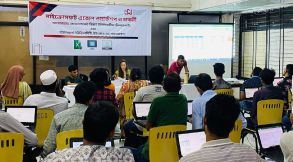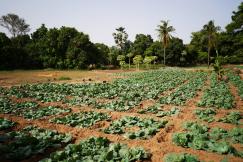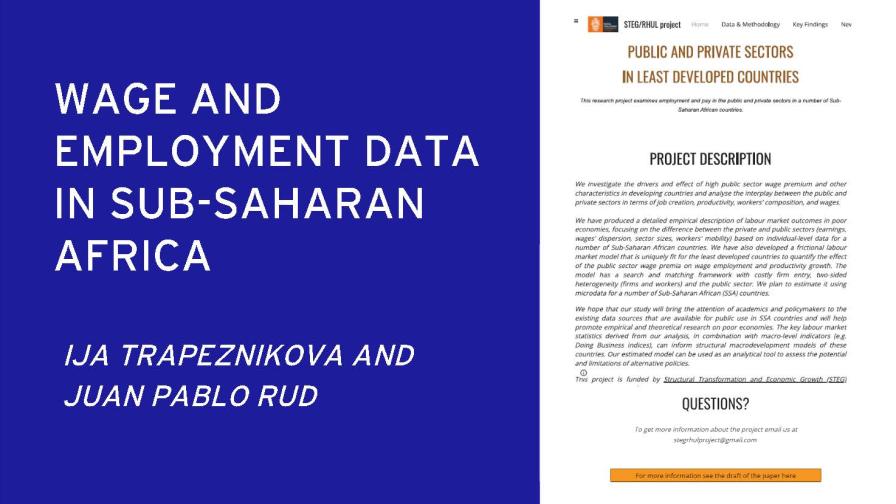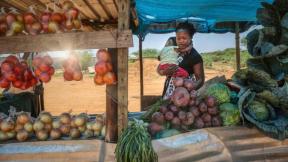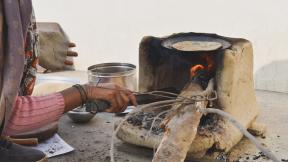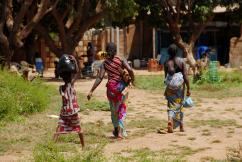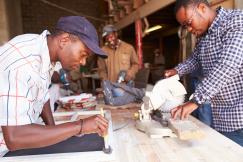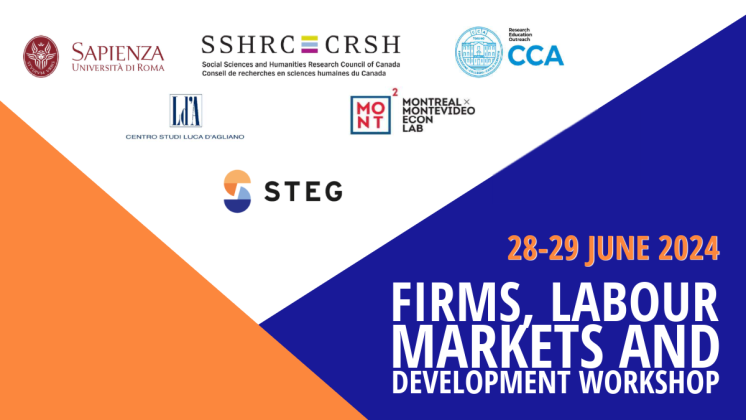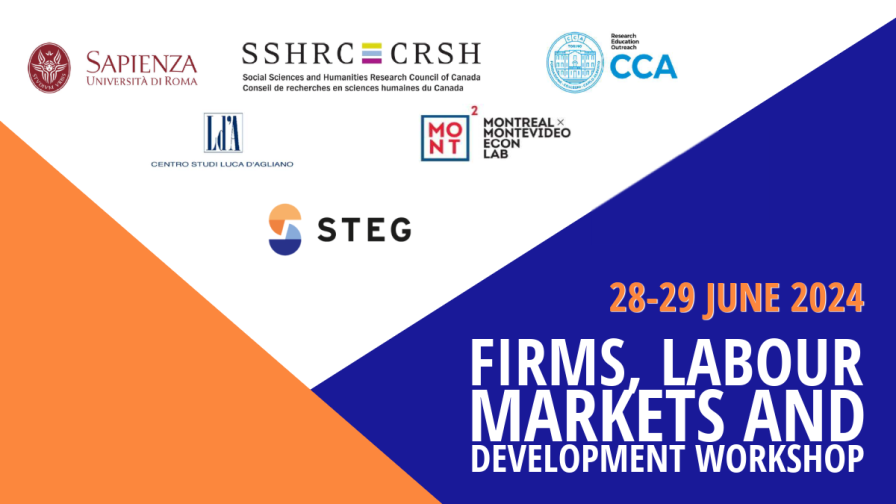Using 62 harmonized cross-sectional surveys of 27 African countries covering around 8 million parents-children matched pairs, I study intergenerational mobility (IM) in occupational attainment in Africa. First, I document that the likelihood a child born from low skilled parents acquires a higher skill job is roughly 32%. Likewise the likelihood that a child born from high skilled parents acquires a lower skill job is roughly 30%. The two metrics vary substantially across but also within African countries. The gender gap in upward (downward) IM is around 11% (10%), whereas the urban-rural divide stands at around 34% (25%). Christian ethnic groups have, on average 7% higher likelihood of upward IM relative to Muslim groups. Second, I show that primary school attainment and household access to electricity & piped water are the strongest predictors of IM. At the macro level, countries with better educational outcomes, such as better school quality, experience higher rates of IM. Third, I examine the hypothesis that human capital is driving IM in Africa. To establish causality, I use as an event study the lifting of primary school fees in five African countries (Botswana, Malawi, Mauritius, Tanzania and Ghana). School enrolment rates increased in all countries after the reform’s introduction. Exploiting within country variation in exposure to the reform across birth cohorts and districts, I show that education induced by lifting primary school fees had a positive effect on upward IM rate in Botswana, Malawi, Mauritius and a negative effect in Tanzania and Ghana. Correlational evidence suggests that the heterogeneity in the occupational outcomes might be attributable to the differences in school quality across the five countries.
STEG Working Paper Series
• Research Theme 2: Labour, Home Production, and Structural Transformation at the Level of the Household,
Cross-Cutting Issue 3: Inequality and Inclusion
Occupational Inheritance in Africa

Related content



